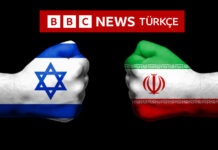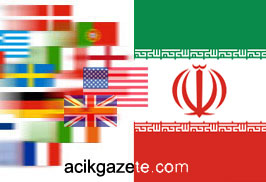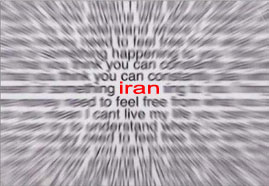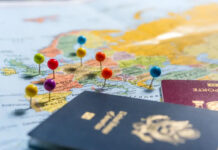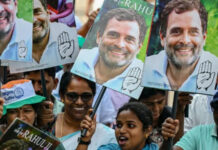Turkey is at a crossroads. It will both dilute and contain an increasingly aggressive wave of nationalism or this surge will invade streets end up in an anachronic fascism that will throw Turkey off balance.
Let me start by highlighting the evolution of nationalism and what kind of it disrupt the national fabric Turkey contrary to its claim of forging unity: Nationalism may grow out of a long-time coexistence or consort of a people and a pre-national state like a kingdom and its feudal divided society. Or a nation like the scattered Jews in the past or the Palestinians of today may struggle to instate their national state. Or, closer to home an existing state may transform into a national entity and seek to forge a nation out of the mixed horde of people it has inherited from a past that is no more. Turkey falls into the latter category.
The founders of the republic were Ottoman soldiers, bureaucrats and middle-class intelligentsia. They had played important roles in the last two decades of the empire that collapsed over their head. They blamed the failure on two culprits: the imperialist western countries that were then called Allies (as opposed to the Axis powers where the last Ottoman government dragged the country into); and non-Turkish peoples of the empire that rebelled to have their own nation-states.
When the republic was declared after a sequel of the First World War during which the founders of the national state they were keen on creating a homogeneous society and never to allow foreign intervention into their country. The national anthem adopted unanimously by the Parliament on 12th of March 1921 reflects national concerns. In the first verse the lines read:
Fear not, the crimson flag, waving in these dawns will never fade
Before the last hearth that is burning in my nation vanishes.
In the sixth verse it reads as follows:
Fear not, you are great! How a dragon with one remaining tooth
Called ‘Civilization’, could drown such faith?
The fear of extinction is obvious but what is interesting is the way the West is portrayed. It calls itself a civilization but in fact it is an aggressive beast relying on one thing: its military power (one tooth), missing humanity and moral superiority that are the sources of our (Turks’) power. The source of our power is our faith in our greatness.
Today, the fear is back. Many Turk believe that heir country is under siege and the same imperialist powers are here to dismantle the country by instigating non-Turkish minorities like the Kurds and Christians. How did we come to this point is the subject matter of another article.
In our form of nation building, the state elite fashioned a nation according to their desire but mainly that would ward off the dangers that fed their fears. The depiction of such a nation is in school books and statements of the founders: political, linguistic, racial and ethnic (they called this ‘origin’) unity, historical and moral similarity. Given this description, a nation of such a design could either be built by eliminating or suppressing differences. This meant ousting of the idea of reconciling differences and the reality of the ethnic, linguistic and cultural plurality in the population. Hence democracy would not be among the instruments in forging the nation. That is why ‘democracy’ does not exist among the six arrow emblem of the Republican people’s Party whose political philosophy dominated the nation until 1950. The existing arrows or principles were statism, nationalism, reformism, laicism, populism and republicanism.
Of these statism and laicism were of particular importance. Statim was important because the state preceded the nation and invested in itself the right and authority to shape the nation like a plastic entity without a sociological, historical and cultural character. To do this it had to control all vestiges of power and position itself above and outside the society/nation. This hierarchical notion of state-society relation over-powered the state apparatus/elite and disempowered the society, rendering the latter totally dependent on the former not only for its security but also for its livelihood.


